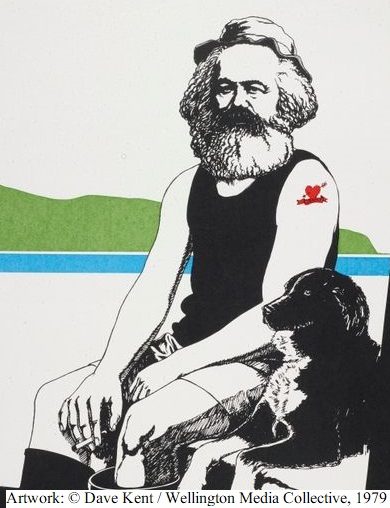One of my enjoyments is reading the New York Review of Books. Mainly I read the political, historical and health and education system articles rather than fiction (I enjoy fiction but not articles about fiction). Its broadly liberal democrat politics are not mine (I’m further to the left) but I admire the insights arising out of the quality of writing.
Pankaj Mishra, an Indian non-fiction essayist, is a favourite contributor. In NYRB’s 19 November he had published a fascinating but unfortunately paywalled article titled Grand Illusions (https://www.nybooks.com/articles/2020/11/19/liberalism-grand-illusions/).
He begins with a reference to the Crow (Apsáalooke) native American tribe who previously were nomadic hunters roaming the Grand Plains but now are largely confined to a reservation in southern Montana. The problem for the Crow nation was more than losing a way of life. It was more the loss of concepts with which to understand themselves or the world and losing a sense of what is going on.
There’s no alternative
Particularly since responses to economic collapse in the 1930s and the end of World War 11, we have had an era where many insisted and believed that there was no practical alternative to Western-style liberal democracy. The problem with liberal democracy is that it isn’t that liberal or that democratic although more so than what preceded it.
Liberal democracy to me is a brand name which in its basics I associate with universal suffrage and in varying degrees a range of other universal formal freedoms. When further sharpened by pre-1980s social democratic politics it can veer towards a limited form of socialism over the role of the state in areas such as public education and health systems.
Before the end of World War 11 more of the globe was governed by autocracies and dictatorships (including fascist) than liberal democracies. In 1989 Francis Fukuyama confidently proclaimed that the end of history had been successfully resolved.
When belief concepts crumble
Today Fukuyama has acknowledged he was wrong. Mishra observes that the believers of no alternative to liberal democracy and capitalism have no concepts to explain how China led by its Communist Party has become central to global networks of trade and finance, how ostensibly the world’s biggest democracy and fastest growing economy India is now ruled by Hindu supremacists inspired European fascist movements, and how electorates angered by dysfunctional democracy and capitalism at home empowered far-right demagogues.
Concurrently the world’s most dominant liberal democracy the United States is experiencing the biggest protest movement, Black Lives Matter, since the civil rights movement in the 1960s and is led by young people. Further, there is a growing awareness of how slavery and race-based capitalism has underpinned the wealth and power of the United States and its predecessor dominant liberal democracy, Britain.
Mishra doesn’t pull his punches. He refers to the outrage of many young people wanting to know how it became possible for white American police officers to murder black American citizens and for “…armed vigilantes to assault antiracist protesters in broad daylight with the tacit consent of a sitting US president.”
Dismantling hegemony
What I take out of Mishra’s passionate but composed article is that liberal democracy has for many years provided a hegemonic rulership where the ideas of its ruling elites became the accepted values of the wider population. But this ideological dominance has arisen under and is threatened by the internal antagonism of an enormously innovative and destructive economic and social system that we call capitalism.
The current the prime conflict is not between capital and labour or capitalism and socialism. Instead it is within capitalism. A specific capitalist hegemony can’t last forever. Increasingly accepted values become to be understood as the fantasies that they are. The prime struggle now is between liberal democracy as the thesis and neo-fascism as the antithesis.
What the outcome (synthesis) might be remains to be seen other than it is likely to be reforming rather than revolutionary unless a tipping point is reach. Perhaps the outcome is a precursor to socialism?
